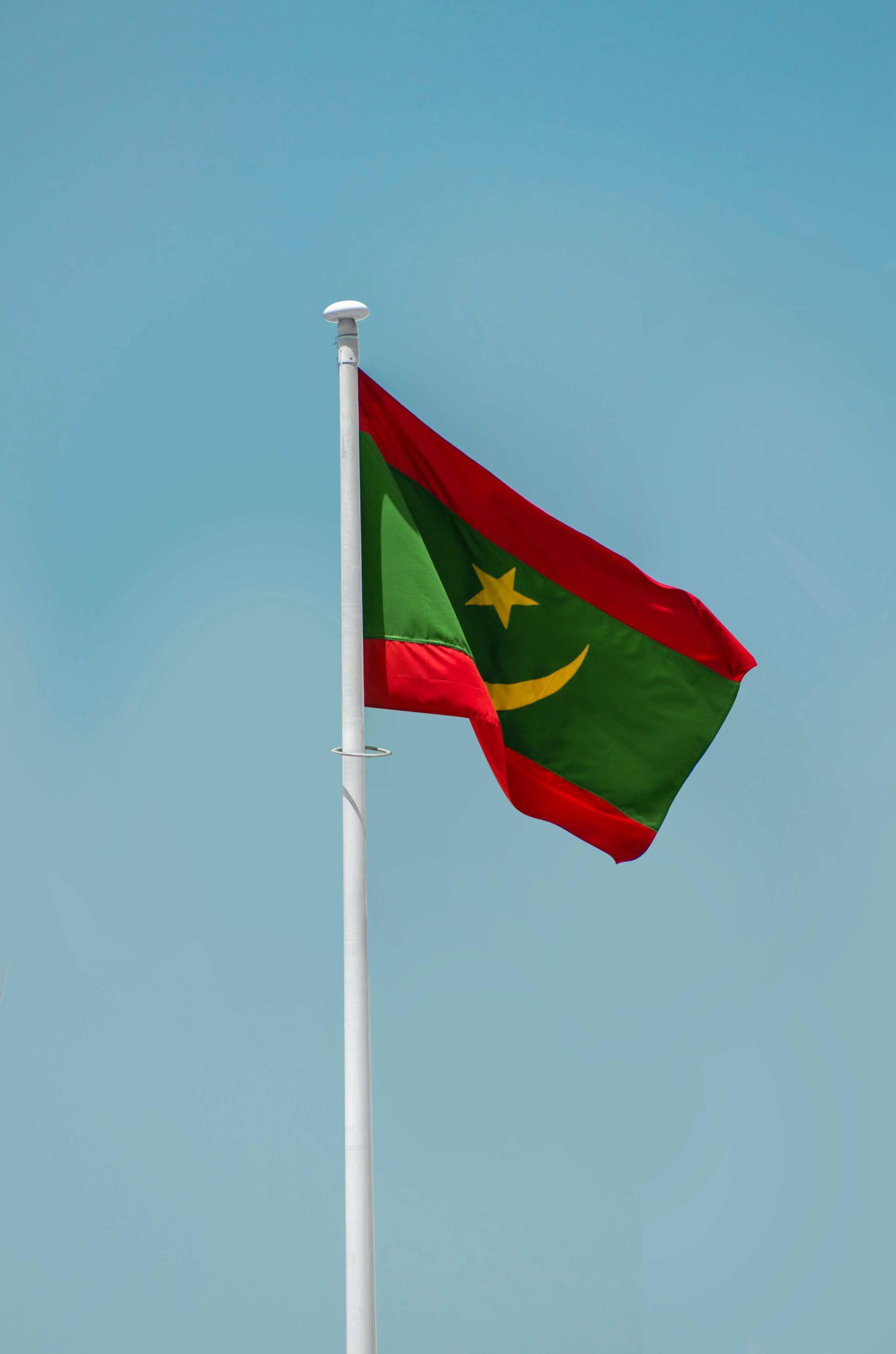Cults, with their mystique and fascination, have been a subject of intrigue worldwide. South Africa, with its rich history and cultural diversity, has not been exempt from this phenomenon.
Understanding Cults in South Africa
In the South African context, cults are characterised by unconventional religious or spiritual beliefs and practices, often led by a charismatic leader. These groups, though small, have an immense influence on their members, directing their social, psychological, and often financial lives.
Notorious Cults in South African History
Over the years, South Africa has witnessed the rise and fall of various cults, some of which have made headlines due to their controversial activities.
The KwaSizabantu Mission
One of the most notorious cults in South Africa’s history is the KwaSizabantu Mission. Established in 1970, this Christian sect quickly gained notoriety due to allegations of human rights abuses, financial scandals, and extreme religious practices. Despite the controversies, the group continues to attract followers, demonstrating the powerful grip such cults can have over individuals.
The Revelation Church of God
Another controversial group is the Revelation Church of God. This religious cult has been accused of exploiting members financially and psychologically. Their extreme rituals, which include animal sacrifices and public exorcisms, have caused public outcry and calls for regulation of such groups.
The Lure of Cults
A question that often arises when discussing cults in South Africa, as in other parts of the world, is why people join these groups despite their controversial nature. The answer lies in the potent mix of charismatic leadership, the promise of belonging, and the offering of simplistic solutions to complex problems. This combination can be incredibly appealing to individuals in search of meaning or purpose, leading them to become entangled in the web of cultic groups.
The Impact of Cults in South Africa
Cults have a significant impact on the South African society. On the one hand, they raise critical questions about freedom of religion and belief, as enshrined in the South African constitution. On the other hand, the allegations of abuse, exploitation, and manipulation that often accompany these groups highlight the need for vigilance and regulation.
Cults in South Africa, though relatively few in number, have a profound influence that extends beyond their immediate followers. Their existence continues to fuel debates on religious freedom, societal norms, and the protection of vulnerable individuals.
Image Credit: ALEXANDRE LALLEMAND on Unsplash





